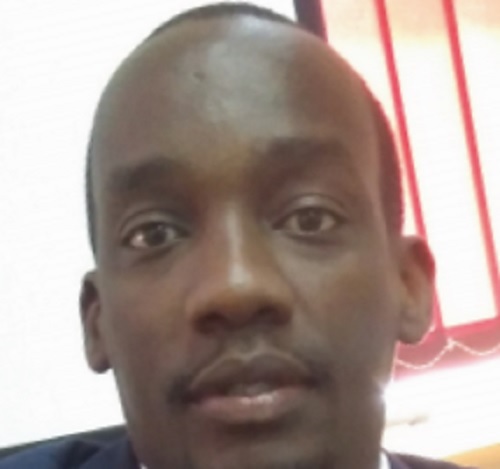
Kampala, Uganda | AGNES E NANTABA | Rodney Mukula is the managing director of the Kampala based Asante Waste Management Limited. He spoke to The Independent’s Agnes E Nantaba about challenges of waste and plastic management and the probable solutions in Uganda.
What are the key elements in your management philosophy?
My management philosophy is driven by three things; consistency, experience and honesty. I also believe in involving in performing the work as opposed to sitting back and waiting for results.
What is your assessment of the performance of plastic waste management in Uganda?
We are not doing well considering the quantity of litter in the city and other parts of the country. This is owed to weak policies, weak enforcements and infrastructure inadequacy. There should be policies to support the entire waste management cycle. For instance, if one takes bottled water, there should be a recycle point where that bottle is disposed-off, and recycled into other valuable items. There should be an idea of following up on the waste stream.
Why is the country not doing well in waste management yet more than 300 companies have complied with the presidential directive to recycle plastic waste?
The challenge lies in collection. It happens that waste management is not a core business in most companies that produce plastics or use plastics as raw materials, and this makes the entire process of addressing this challenge difficult. There’s need for a combined effort on how plastics and other products that turn into wastes are produced, consumed, collected and managed. As along that is not addressed, these challenges will keep haunting us. Some companies have in-house solutions for waste management but have no solutions for the products that leave their company premises.
What is the best way to promote waste management and principles of responsible littering countrywide?
Good waste management practices start with individuals, institutions and the government. The laws are already in place including the National Environmental Management Act and Local Government Act. The challenge lies in the fact that people don’t get to know of such information because of low levels of sensitization on how to reduce waste footprint. With regard to collection and dumping, people are not involved in understating how their waste moves from the bin and where it ends up. This creates a challenge because so much waste will end up in landfills and illegal dump sites. The solution is in improving infrastructure in terms of waste recovery facilities where it is sorted, and recyclers who have value for it can make sense of it and return it to the chain as valuable products.
The capacity to collect and recycle plastics in rural areas is still low yet they are some of the biggest users of the polythene bags. How can this be addressed?
It has to be a collective effort involving government and other partners. The government alone is not able to handle it due to limited resources and man power. It has to carry out a lot of sensitization so that people are able to understand that waste is not just garbage but can be turned into a big business and empower local communities.
Most of the city’s drainage channels have been blocked with plastic wastes, a situation that has accelerated floods in the city. How can this problem be solved?
We are in the process of setting up the country’s first material recovery facility where waste collectors and other people can dump their waste prior to transferring it to the landfill. Plastics, paper, metals, glass and other wastes will be sorted and given to those who use this same waste as a raw material for their processes. This will increase lifespan of landfills and efficiency of collection that translates into less litter on the streets and the drainage channels.
What is your projection of waste and plastic management for the years ahead?
We should be a in a better place in terms of waste management and recycling. There is willingness from government, authorities and private sector to implement better urban development programmes for waste. For instance, Kampala Capital City Authority has a bigger landfill that also offers value addition to waste. The laws are updated to incorporate the current lifestyles and standards; there is also willingness from manufacturers for the changing mindset on the approach of waste.
 The Independent Uganda: You get the Truth we Pay the Price
The Independent Uganda: You get the Truth we Pay the Price



very good work Rodney, keep it up for the good of our nation,we need to make people aware of the dangers of poor waste management and provide alternate use that can be beneficial humanity